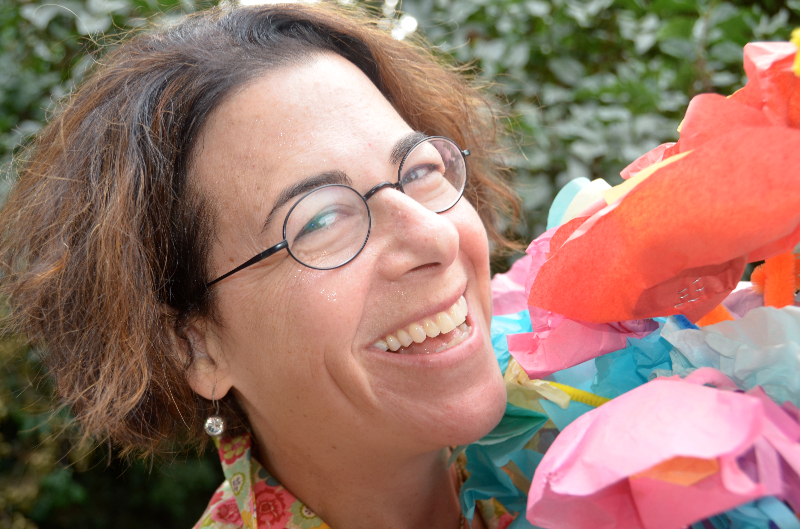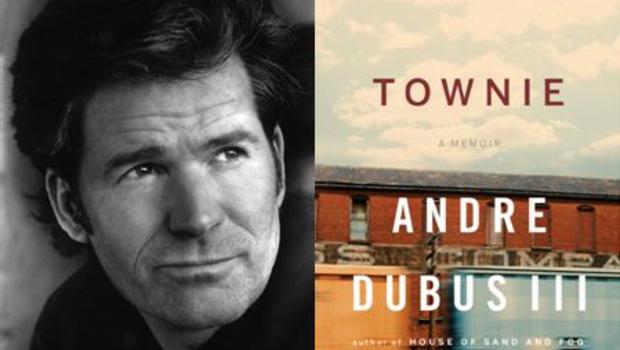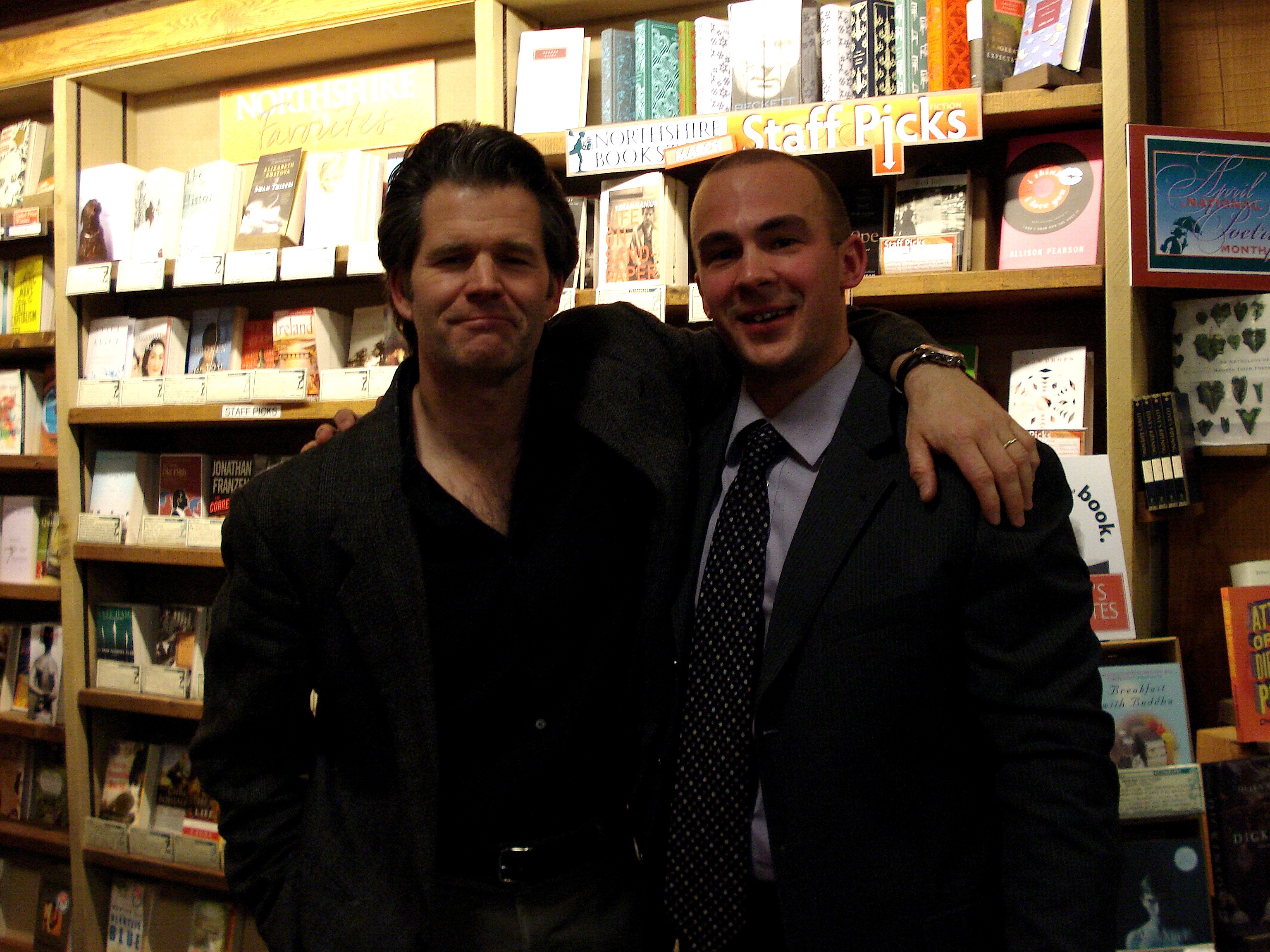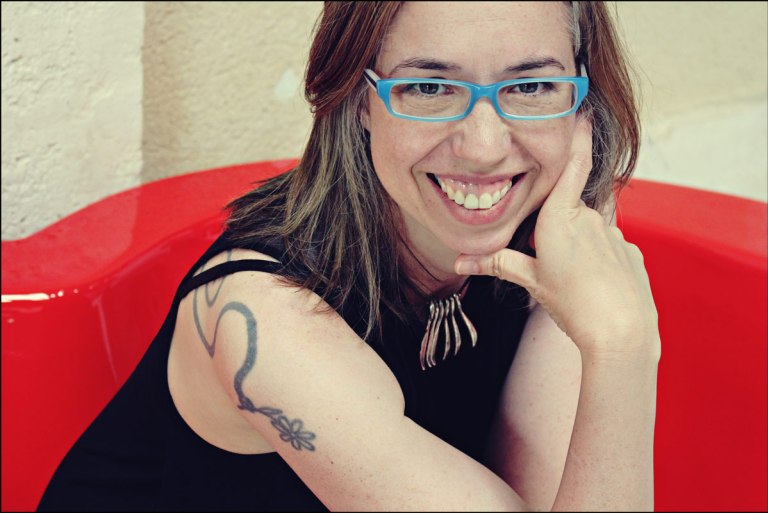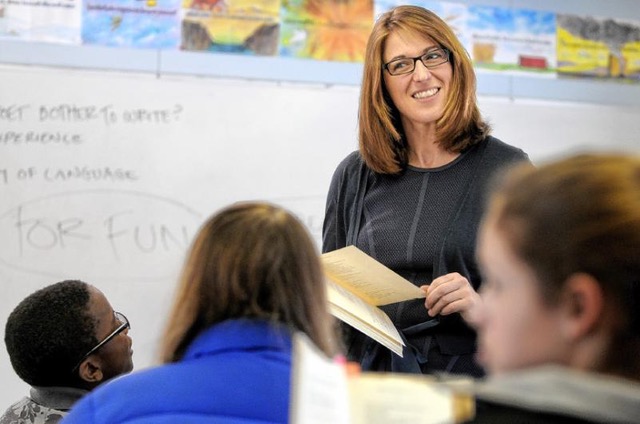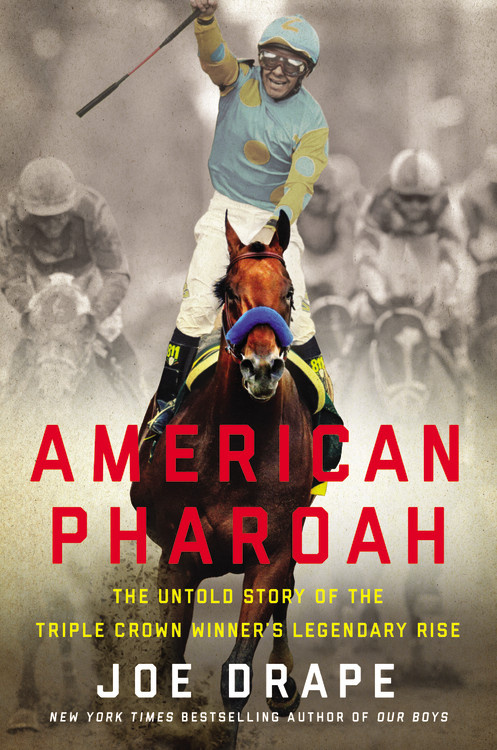
By Brendan O’Meara
Tweetables from Joe Drape:
“We were seeing greatness. We were part of history.”
“I may not write well, but I write fast. I’m OK with that.”
“You have to figure out who you are and what works for you.”
“It’s all driven by reporting. You gotta know your stuff.”
“Sometimes 1,500 words goes to 3,000 or 6,000. Sometimes 1,500 becomes 300 and you shut your computer and go to a movie.”
“You gotta be able to eat rejection morning, noon, and night. All they can say is no.”
“This business is all about listening.”
I’m not sure where to begin if I’m being perfectly honest. Joe Drape (@joedrape on Twitter) is a New York Times sports writer and the New York Times bestselling author of Our Boys and American Pharoah: The Untold Story of the Triple Crown Winner’s Legendary Rise.
He wrote the 80,000-word manuscript in six weeks without a book leave.
How are you feeling about your productivity?
“When you say, ‘Ok, I’ve got six weeks to write 80,000 words,’ it freaks you out,” says Joe. “Sometimes 1,500 words goes to 3,000 or 6,000. Sometimes 1,500 becomes 300 and you shut your computer and go to a movie.”
I love it, baby.
Joe is the author of these six books:
American Pharoah
Black Maestro
Our Boys
The Race for the Triple Crown
In the Hornets Nest
To the Swift
In this episode he talks about how to write a book under tight deadline pressure, the power of reporting, and the power of listening.
Thanks for listening! And if you have a moment, please leave a review on iTunes. Nine (and counting) five-star reviews! Thanks so much!
